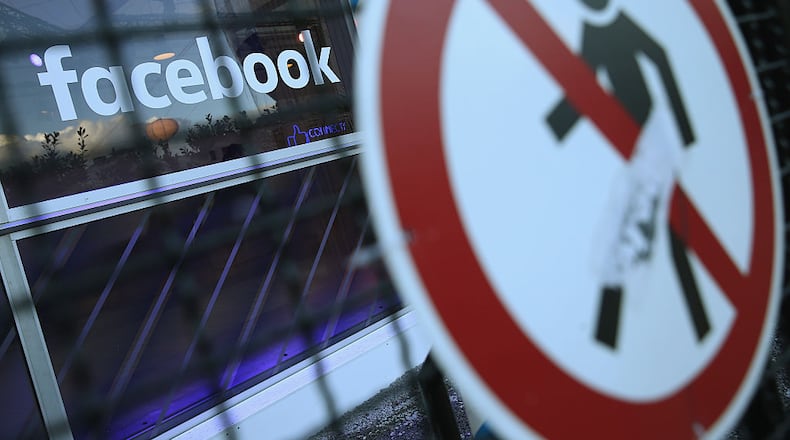Will we ever learn?
Expressing you innermost, racially insensitive or sexist thoughts on social media is almost always a mistake.
In July, Brant Gaither, a white Georgia sheriff's deputy in Macintosh County was terminated (and another white officer resigned) following an internal affairs investigation that exposed the racist and sexist messages they exchanged on Facebook . The messages included the suggestion that they were targeting black motorists.
Just a month prior, Christine McMullen Lindgren, an Atlanta-based personal banker posted racist comments on Facebook and found herself jobless when her employer, Bank of America got wind of it.
These Facebook offenders will get new jobs, the public outcry will eventually die down, but the damage to their personal relationships may be more long-term.
Last month, a local business owner stated her feelings about Black Lives Matter in a closed Facebook group but the comments were reposted to the public by another group member who felt customers would want to know the views of the individual they were supporting. Comments on the post indicated that some already planned to stop patronizing the business. That kind of impact is more far-reaching than the business owner probably ever imagined it would be.
Some members of the general public may finally be getting wise.
Earlier this year, a report published by The Information revealed that Facebook has struggled to reverse a 21% decline in personal updates, from its 1.6 billion monthly active users.
Users just aren't sharing as much personal information -- a recognition, perhaps, that the platform is no longer the intimate forum it used to be.
The trend may be bad news for Facebook, but it has probably saved a few careers.
About the Author
Keep Reading
The Latest
Featured



